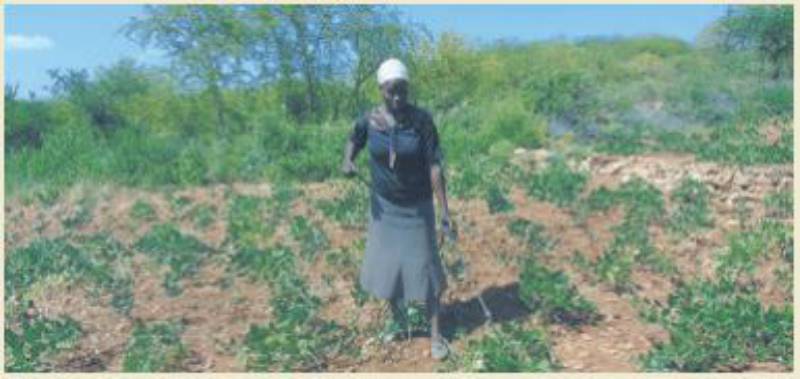
Since time immemorial farmers, have had to compete with harmful pests in crop production. But though the majority of farmers hate seeing any insect spectacle in their farms, there are certainly beneficial insects that perform useful functions and are of essence not only to the environment but also to human life, plants and pollution control.
Peter Bundi, a lecturer at Chuka University in the Department of Environmental Studies and Resource Development (DERD) says that “Beneficial insects are quite important as they act as a source of food and are medicinal. To the industries, they provide raw materials and are quite essential in pollination while playing a key role in recycling nutrients into the environments thus aiding decomposition.”